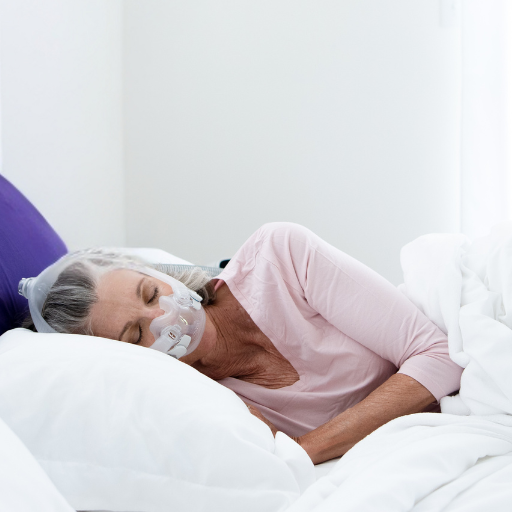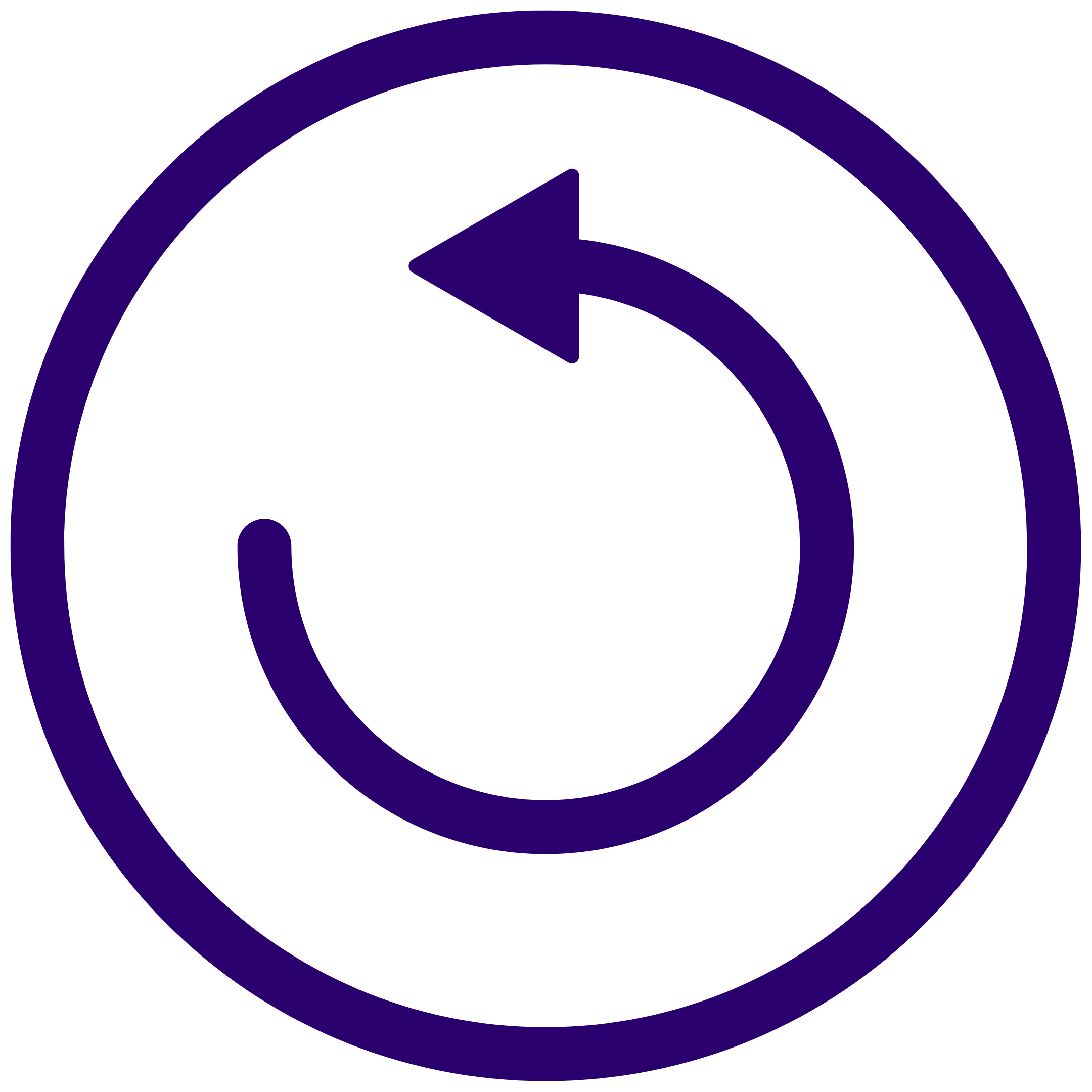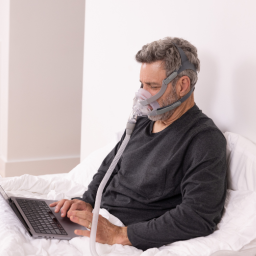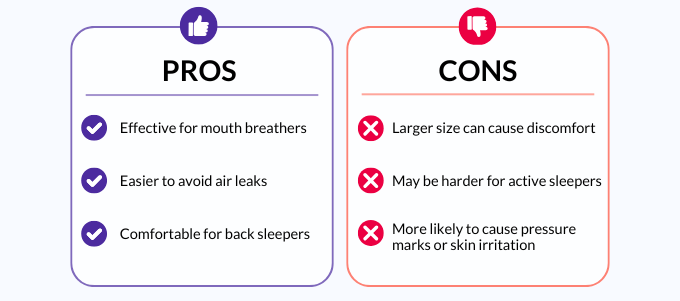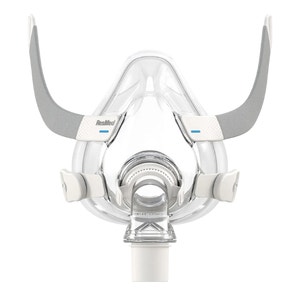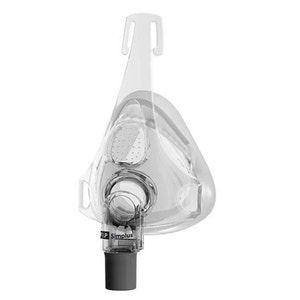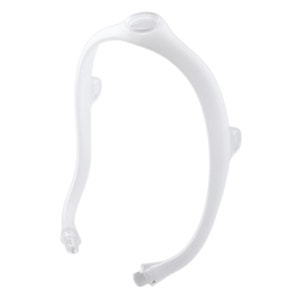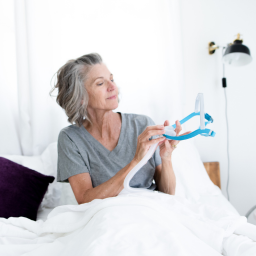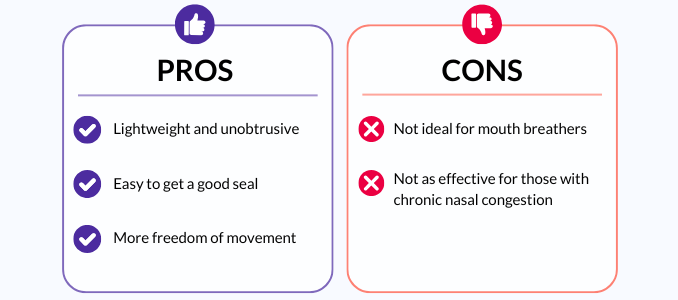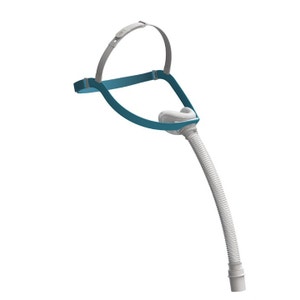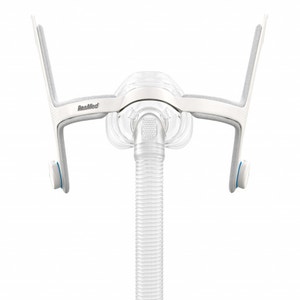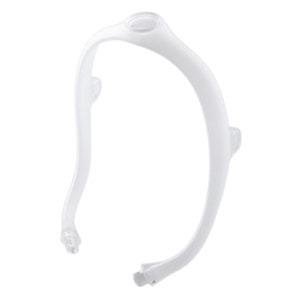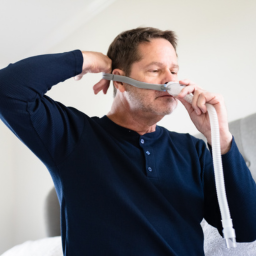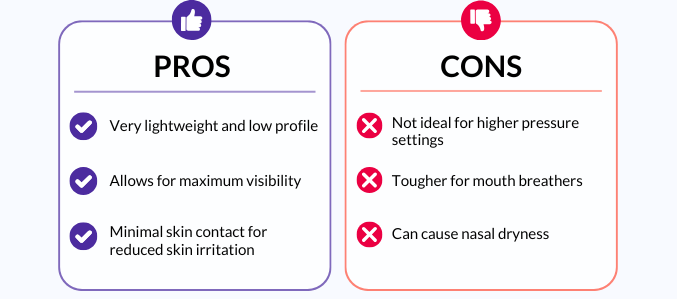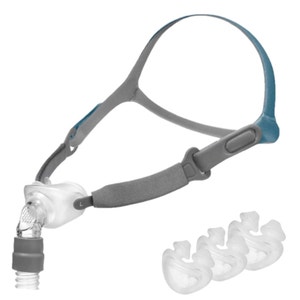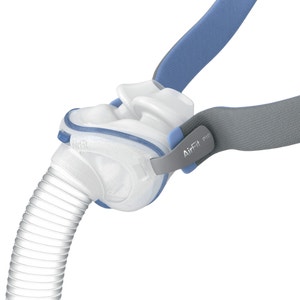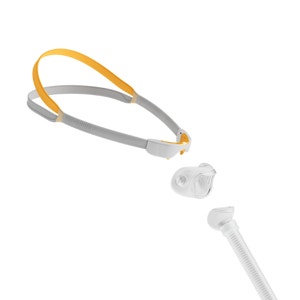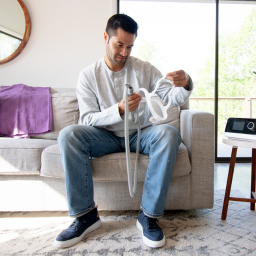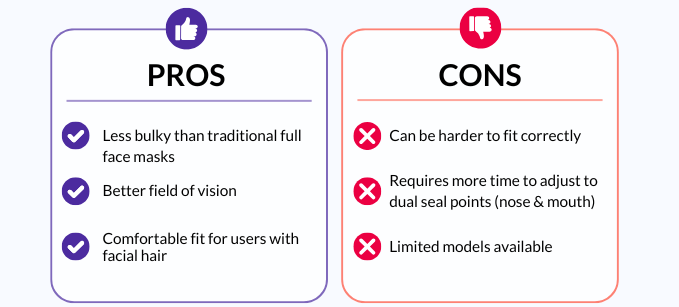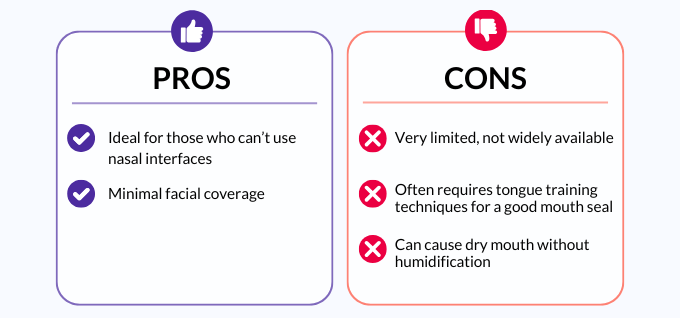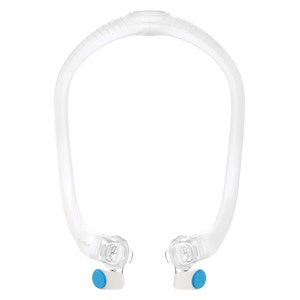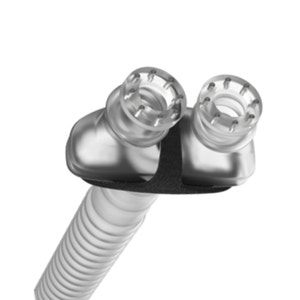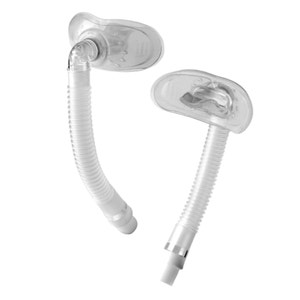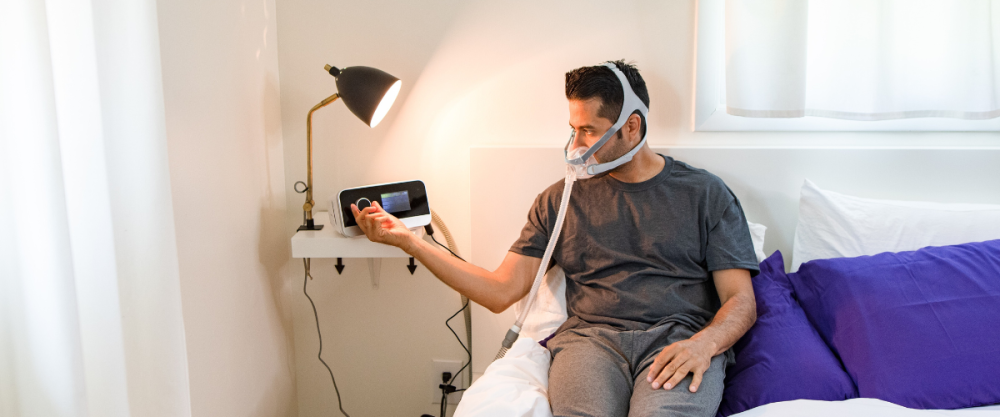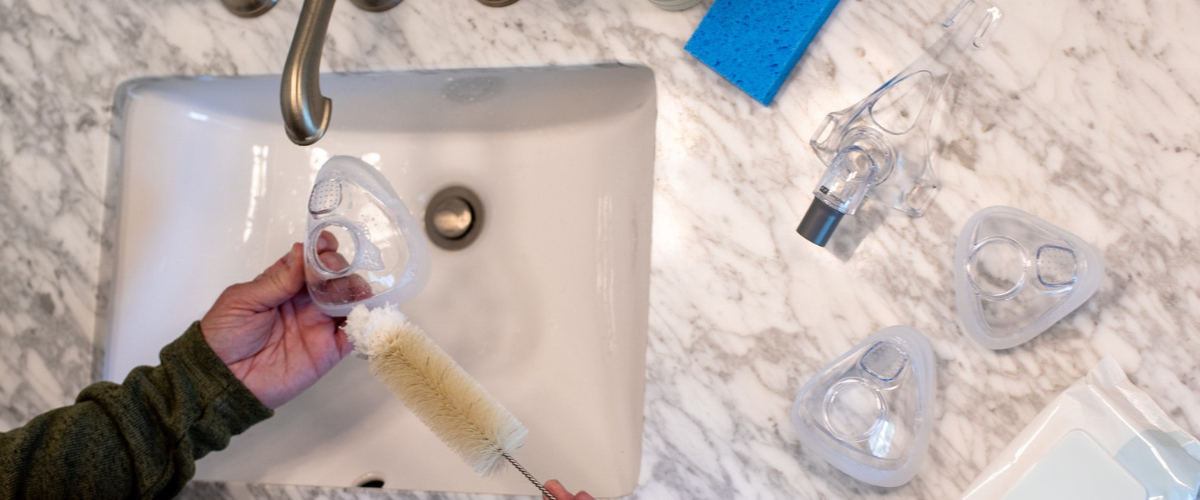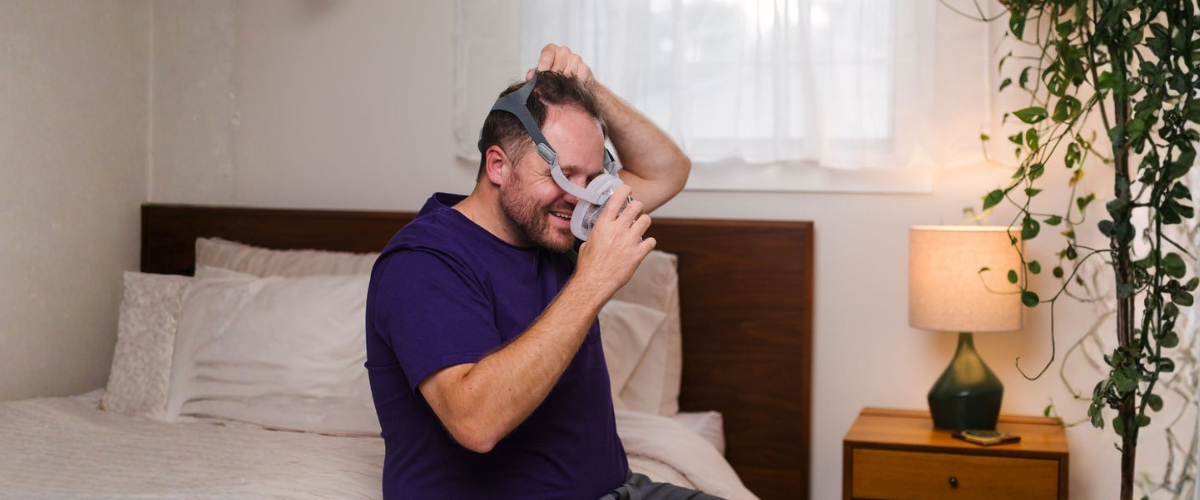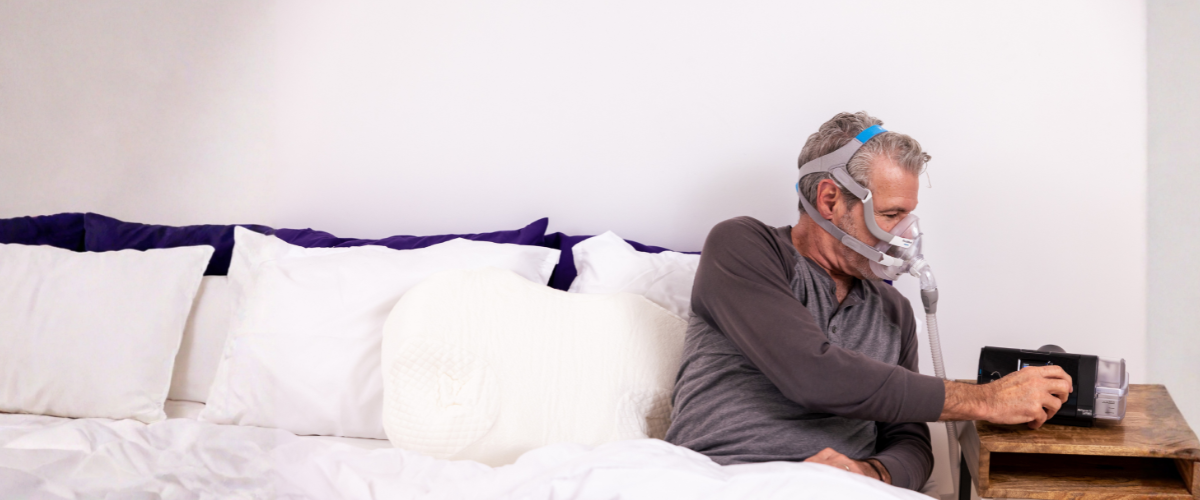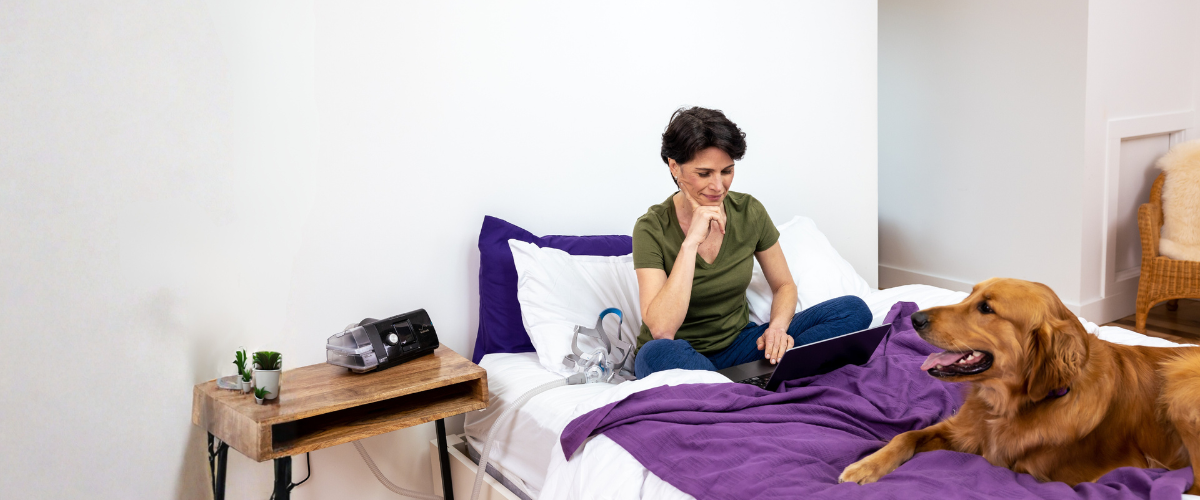If you've been diagnosed with obstructive sleep apnea and are starting CPAP (Continuous Positive Airway Pressure) therapy, the most important decisions you'll make are choosing the right CPAP machine, proper CPAP supplies, and the right CPAP mask. The most popular mask options are full face CPAP masks, nasal CPAP masks, and nasal pillow CPAP masks But, if the common masks don't work for you, luckily there are other options, each designed for different needs.
Understanding the differences between them can help you identify the best CPAP mask for you, help you get the most from your therapy and, more importantly, get the most restful sleep!
Full Face CPAP Masks
Pros:
- Effective for those who breathe through the mouth
- Prevents air leaks from mouth breathing
- Comfortable for users who sleep on their back
- Suitable for high-pressure settings
- Good choice during colds or allergy flare-ups
- Can be more forgiving of breathing pattern changes
Cons:
- Larger size can feel bulky
- May be harder to seal for active or side sleepers
- Can cause more skin irritation or pressure marks
- Reduced field of vision, making it difficult for reading or watching TV in bed
- Can be noisy if there are air leaks
- Not ideal for claustrophobic users
Nasal CPAP Masks
Pros:
-
Lightweight and less obtrusive than a full face mask
-
Typically easier to get a good seal
-
More freedom of movement during sleep
-
Works well for moderate air pressure levels
-
Provide better visibility than full face masks
-
May be more comfortable for people with facial hair
Cons:
-
Not ideal for mouth breathers unless used with a chin strap
-
May not work well if you have chronic nasal congestion
-
Can cause bridge-of-nose soreness in some users
-
May shift during the night for very active sleepers
-
Chin straps may add complexity and discomfort
Nasal Pillow CPAP Masks
Nasal pillow masks are the smallest and most minimalist option. Instead of covering the nose, they use two soft “pillows” that sit just inside the nostrils to deliver the pressurized air directly.
Best for:
- Nose breathers who want minimal coverage or restriction
- Claustrophobic users
- People who wear glasses or read in bed
- Side sleepers
Pros:
- Extremely lightweight and low profile
- Offers maximum visibility and freedom
- Minimal skin contact reduces irritation and pressure marks
- Easy to clean and assemble
- Great for travel because they're more compact and portable
Cons:
- May not seal well at high pressure settings
- Not suitable for mouth breathers
- Can cause nasal dryness or soreness
- May pop out of the nostrils during restless sleep
- Less effective if you have frequent nasal congestion
Hybrid Masks
Hybrid masks combine features of full face and nasal masks. They typically seal under the nose using nasal pillows or cushions and over the mouth, offering the performance of a full face mask with a more minimal design.
Best for:
- Mouth breathers who dislike bulky masks
- Users who want better visibility or wear glasses
- Those who need a full seal but value comfort and reduced facial contact
Pros:
- Less bulky than traditional full face masks
- Better field of vision
- Comfortable fit for users with facial hair or nasal bridge sensitivity
- Often quieter than traditional full face masks
- Offers a balance between comfort and function
Cons:
- Can be harder to fit correctly
- May require time to adjust to dual seal points (nose and mouth)
- Limited model selection
- Some users report discomfort from nasal pillows if not fitted well
- May leak if jaw drops during sleep without proper support
Oral Masks
Oral masks deliver air only through the mouth and are designed for people who can’t tolerate nasal interfaces due to congestion, nasal trauma, or anatomical challenges. These masks typically require heated humidification.
Best for:
- Mouth breathers with chronic nasal blockages
- Users who cannot tolerate any mask that touches or covers the nose
Pros:
- Alternative for users who can’t use nasal interfaces
- Minimal facial coverage, meaning no pressure on nose or upper face
- Can work well with nasal deformities, post-surgery recovery, or chronic nasal issues
- Simplified headgear in some models
Cons:
- Rare and not widely available
- Requires a good mouth seal and often tongue positioning training
- Can cause dry mouth or sore throat without humidification
- Limited adjustability and sizing
- Less compatible with higher pressure settings
Key Considerations When Choosing Your CPAP Mask
- Breathing Style
Do you mostly breathe through your nose or your mouth at night? If you’re not sure, ask your sleep partner. Or, your sleep specialist might have noted it during your sleep study and can help identify how you typically breath during sleep. - Ability to Get the Right Mask Fit
Comfort is critical. An uncomfortable mask can lead to poor compliance with CPAP therapy. Make sure the mask doesn’t create pressure points or leak air when you move. - Sleeping Position
If you're a side or stomach sleeper, a nasal pillow or nasal mask may be more comfortable. Full face masks are better suited for back sleepers. - Facial Hair
Beards and mustaches can interfere with the seal of a mask, especially full face masks. Some nasal pillow masks work better for those with facial hair. - Pressure Needs
Full face masks are generally recommended if your prescribed CPAP pressure is high, as they can distribute the pressure more comfortably.
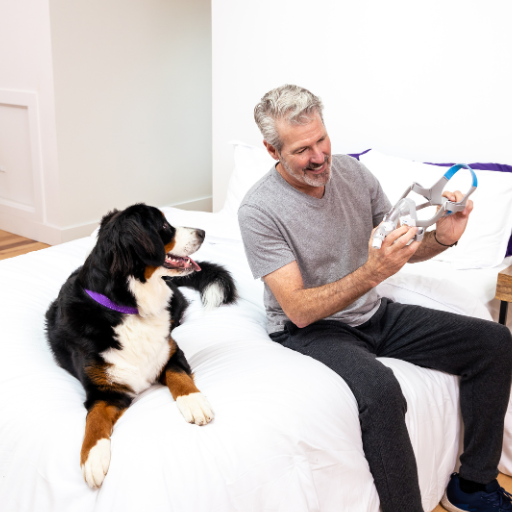

What The Right CPAP Mask Can Do for Your OSA Treatment
Choosing the right CPAP mask can make all the difference in your sleep apnea treatment journey and your overall sleep health. The best approach? Try before you commit. It’s easy to do with all the mask options and mask styles on the market from top brands like ResMed, Fisher & Paykel, Philips Resperonics, and more!
Sleep better, and remember there are great resources to help you choose the mask that fits you, like our easy Find Your Mask feature! Not only is it a simple process, it helps identify the right mask with the best fit for you.
And if your initial mask selection doesn’t work out, we’re here to help you find a replacement with the right fit and comfort with our 30 Day Mask Guarantee. Just reach out to our helpful, knowledgeable Customer Care team at info@cpapsupplies.com!
